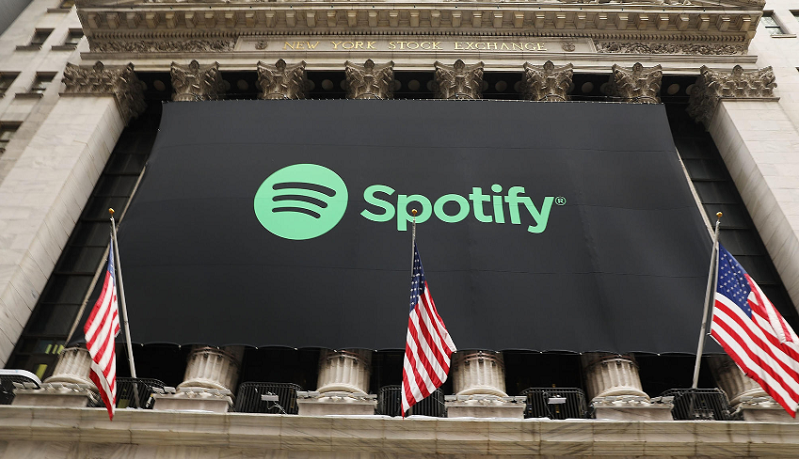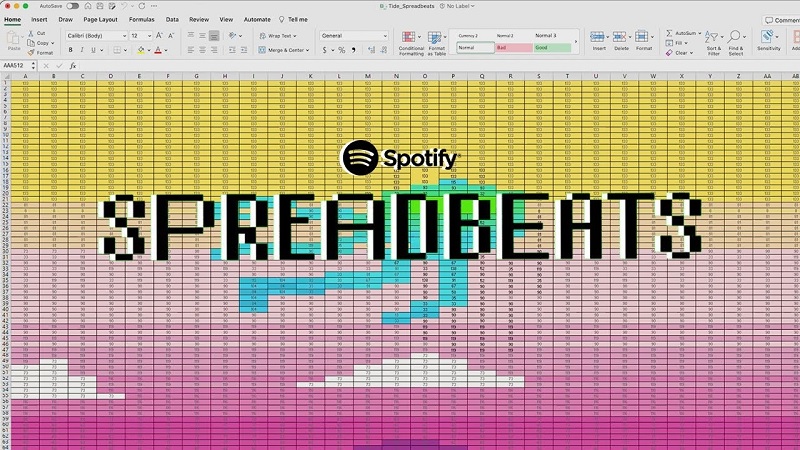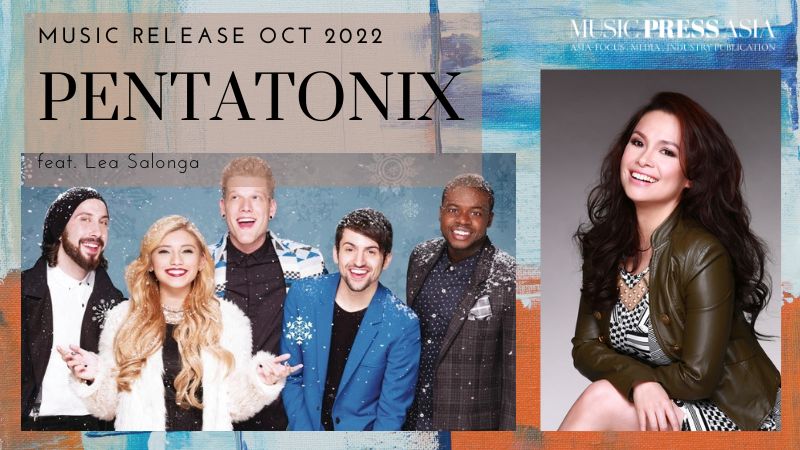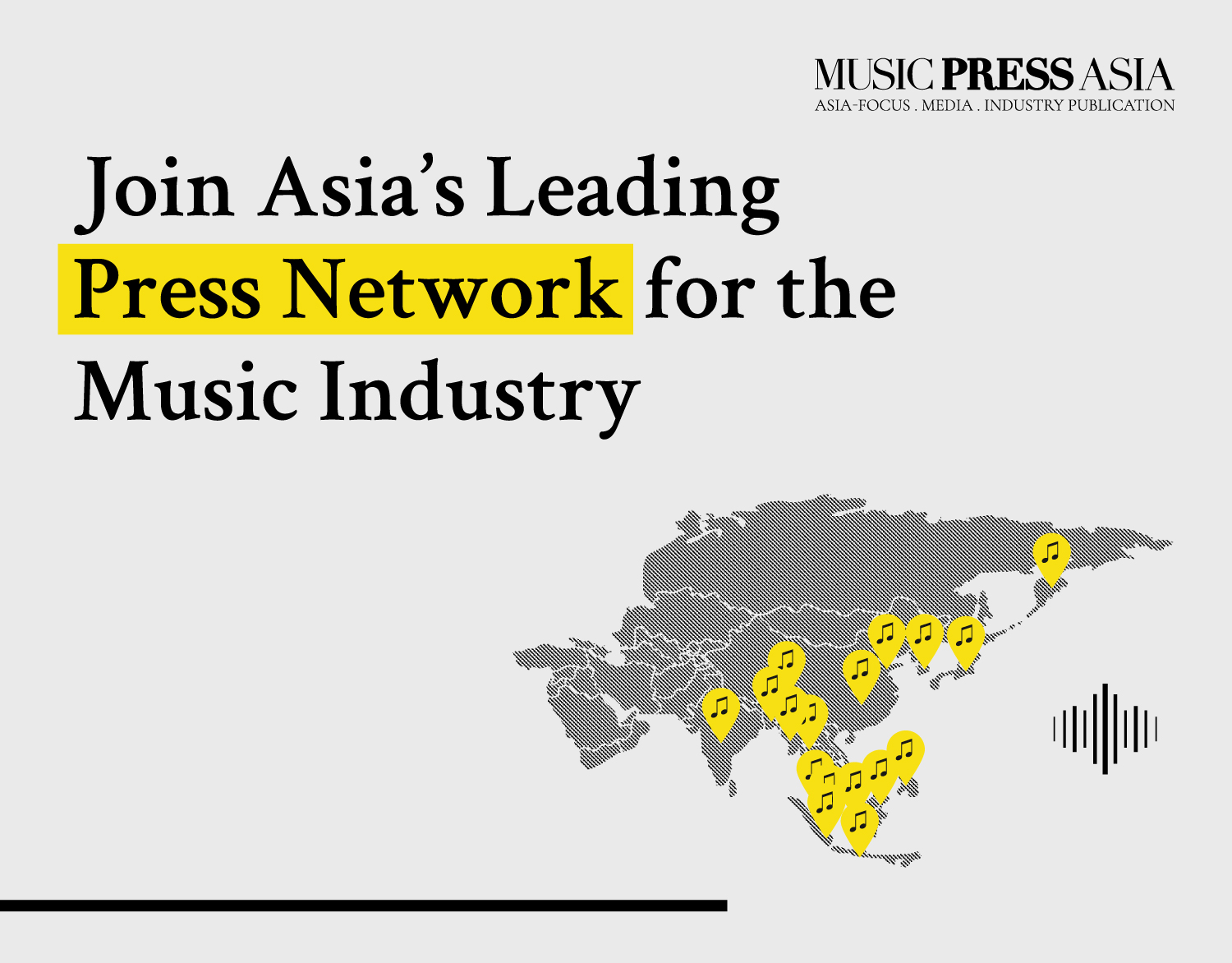Spotify’s First Day At NYSE Closed At $149.01
Spotify, deemed the largest streaming platform in the world, holds great power in deciding the future of artists. So, should we or should we not buy any Spotify shares?
Spotify, deemed the largest streaming platform in the world, holds great power in deciding the future of artists. So, should we or should we not buy any Spotify shares?

Spotify is now listed on the NYSE
While some of us are still in the celebratory mood of Spotify’s launch in new territories such as South Africa, Vietnam, Israel and Romania, many more of us waited to see the reaction of the world, more specifically when Spotify started trading at the New York Stock Exchange (NYSE) yesterday.
When Spotify filed its F-1 for 2017, it stated that Spotify’s annual revenues are $2.37 billion in 2015, $3.6 billion in 2016 and $4.99 billion in 2017 (based on the most recent conversion rates from euros to dollars). As we were closely following how Spotify, a direct listed company that started trading with no underwriting or lockup period and wasn’t traditionally following the IPO process albeit its strong brand position and userbase, would fare on its first day in the market.
Spotify closes its first day $149.01 giving it a market value of $26.5 billion, opened at the NYSE yesterday at $165.90, with a reference price between $100 and $130. Entering the market at such premium price, we will all be looking closely as to how this will fare in the next few days. Market experts at the Exchange shared that, albeit a non-traditional IPO, has entered the market at a premium price and may see similar tech firms such as Uber and Airbnb potentially go through a direct listing changing the status-quo of an IPO. In 2017, similar shares were traded from between $37.50 all the way to $125 sitting well below the reference price suggested before the market opened yesterday.
Before the market started trading yesterday, in an interview with presenters at CNBC, Kathleen Smith of Renaissance Capital discussed why Spotify’s direct listing isn’t an IPO. “It’s a listing [and not an IPO] of a very big company. We haven’t seen a company of this valuation possibly since the Alibaba IPO in 2014.”
When questioned by one of the presenters of the value that one should invest in Spotify, she further added that: “No one should buy at any price. The company is leaving [it] to the marketplace to determine what the valuation would be.” She also made no direct answer when questioned about the benefits of purchasing shares at IPO stage, adding that: “Maybe, if the price at which it’s trading is an attractive price relevant to the value of the company.”
While we all were waiting for this day, it was obvious that Spotify would one day go through this process due to the fact that its “… shareholders and employees have been free to buy and sell our stock for years…” as stated in a blog post published two days ago (2 April).
In another CNBC interview, Evan Niu of The Motley Fool, explained how the follow up of a directed listing by Spotify could resolve the issues surrounding the convertible debt it incurred in 2016 – “Investors could actually have huge discounts on the conversion price once the company goes IPO…with high interest rates increasing every 6 months…”
“By pursuing a direct listing, Spotify was able to bypass a lot of the worst terms of this debt and will be able to basically get much better negotiating leverage with these investors and get better change remains out of them over the past six months,” added Niu.
How will this news effect artists who have their catalogues listed on Spotify? Well, in the foreseeable future, no one could really make any assumption for one of the largest streaming companies in the world, although we are continuing to see spectators and commentators suggesting it as another ‘legal loophole’ and that their music should be ‘licensed to Spotify’ instead.
Earlier in March, Ek proudly told analysts at the Investor Day that by the end of 2017, the tech firm has amounted 22,000 artists out of 3 million as “top tier” earners on the platform, representing a mere 0.73% of its total and has clearly voiced his goal “to increase that number [top tier] of creators to hundreds of thousands that have material success on our platform,” said Ek.
Sony owns 5.7% ordinary shares in Spotify that’s worth $1.5bn. Interestingly, it appears to have chosen not to participate on the first day of trading according to SEC registration.
Spotify, deemed the largest streaming platform in the world, holds great power in deciding the future of artists and for some even their revenues from digital monetisation, and while some may say that it is breaking music copyright law, it is the decision of artists and management that have agreed to be using Spotify as a platform in the first place.













